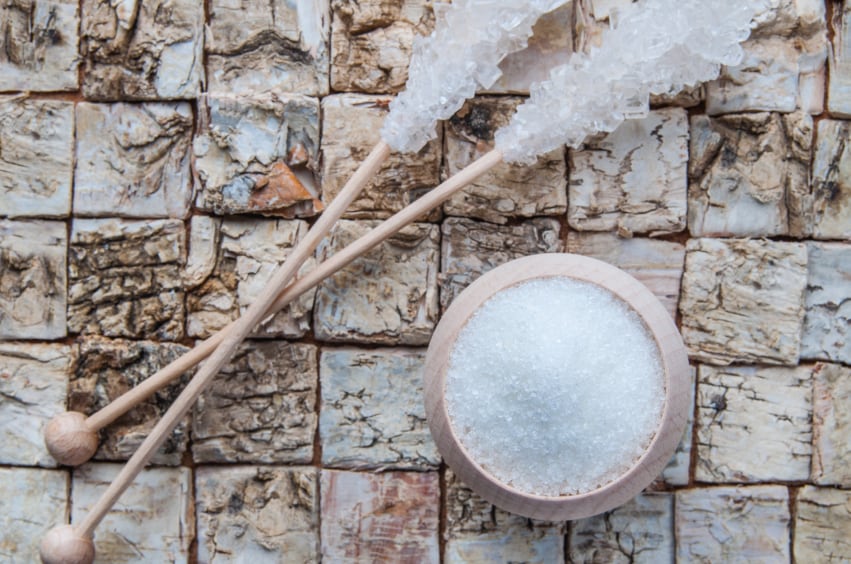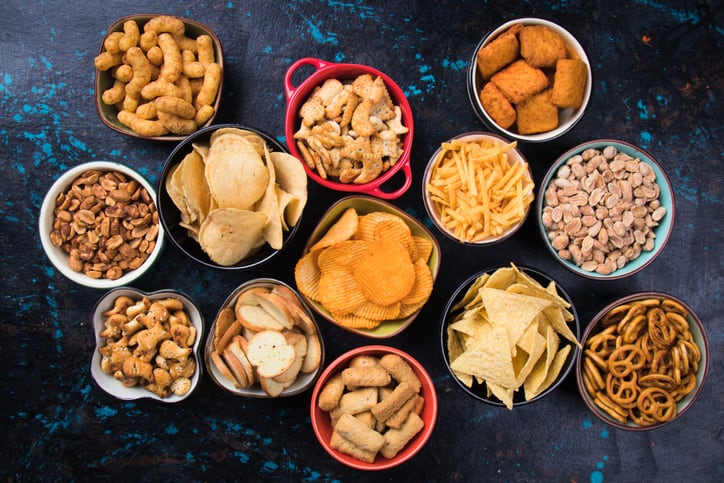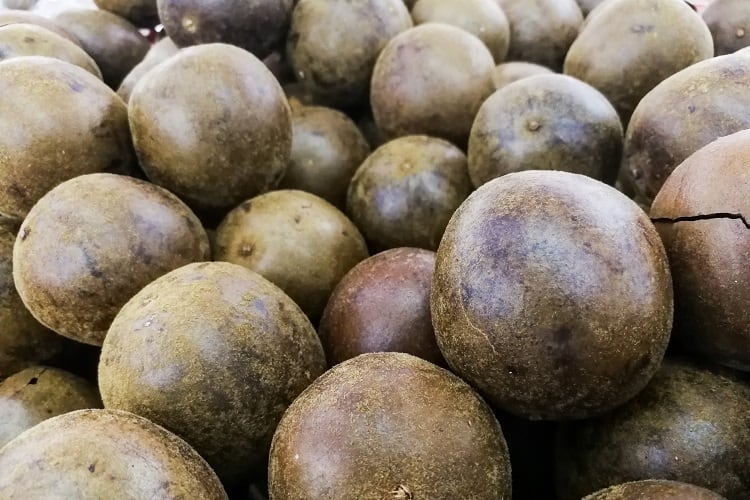In an increasingly hostile regulatory environment – and with growing consumer demand to reduce sugar consumption – cutting the amount of sugar in product formulations has become a priority for many food and beverage companies.
Consumers are increasingly seeking out food that supports healthier lifestyles through more natural, nutritious products. Concerns over rising rates of obesity and associated NCDs have been rising steadily – and the trend has accelerated with weight being identified as a significant comorbidity linked to the severity of COVID-19.
FutureBridge, which advises enterprises on the future of industries from a 1-to-25-year perspective, has completed a three-year review of global sugar reduction innovations.
The new research highlighted three technologies that have now hit ‘price competitiveness milestones’ – and the start-ups behind the innovations.
This development is important because it allows each of the emerging technologies to address a core barrier to greater adoption of low-calorie sugar alternatives – a high cost linked to processing issues.
“We see a growing trend of new sweetener solutions with a competitive price advantage,” said Sarah Browner, Senior Analyst at FutureBridge. “Companies, especially start-ups, are rethinking and re-evaluating the production process of several low-calorie sweeteners to make them more accessible on the market.”
What three technologies does FutureBridge tip to disrupt the low-cal sweetener market?
#1 - Xylitol
Xylitol’s application in food and beverages today is limited. FutureBridge’s data tracked only 11 product launches utilising this sweetener in 2019.
However, the advisory group noted significant progress on the ingredients side.
Austrian start-up, Annikki, has launched a bio-process to improve the output volume per batch of xylitol. This results in a decrease in manufacturing cost to around $500/ton compared to the manufacturing cost via petro-chemicals of $1000-$2000/ton.
#2 - Tagatose
Despite its health advantages over sugar, tagatose’s cost-effective production ‘remains a roadblock’.
The ingredient currently retails for about $26/kg. To put this in context, the same amount of sugar sells for less than 50 cents.
FutureBridge identified US Bonumose as start-up that is developing a potentially disruptive approach that could make tagatose much more accessible.
Bonumose has developed a process using cornstarch instead of lactose from milk that could potentially lower production costs by 80 percent (to around $3/kg).
#3 – Stevia
Stevia is already an important tool in the sugar reduction toolkit.
However, the sweetener’s cost fluctuates depending on the sourcing of the stevia leaves and the solvent used.
FutureBridge highlighted the progress being made at Amyris, a company that ferments sugarcane with yeasts to produce steviol rebaudioside molecules, resulting in a 90% lower product development cost.




